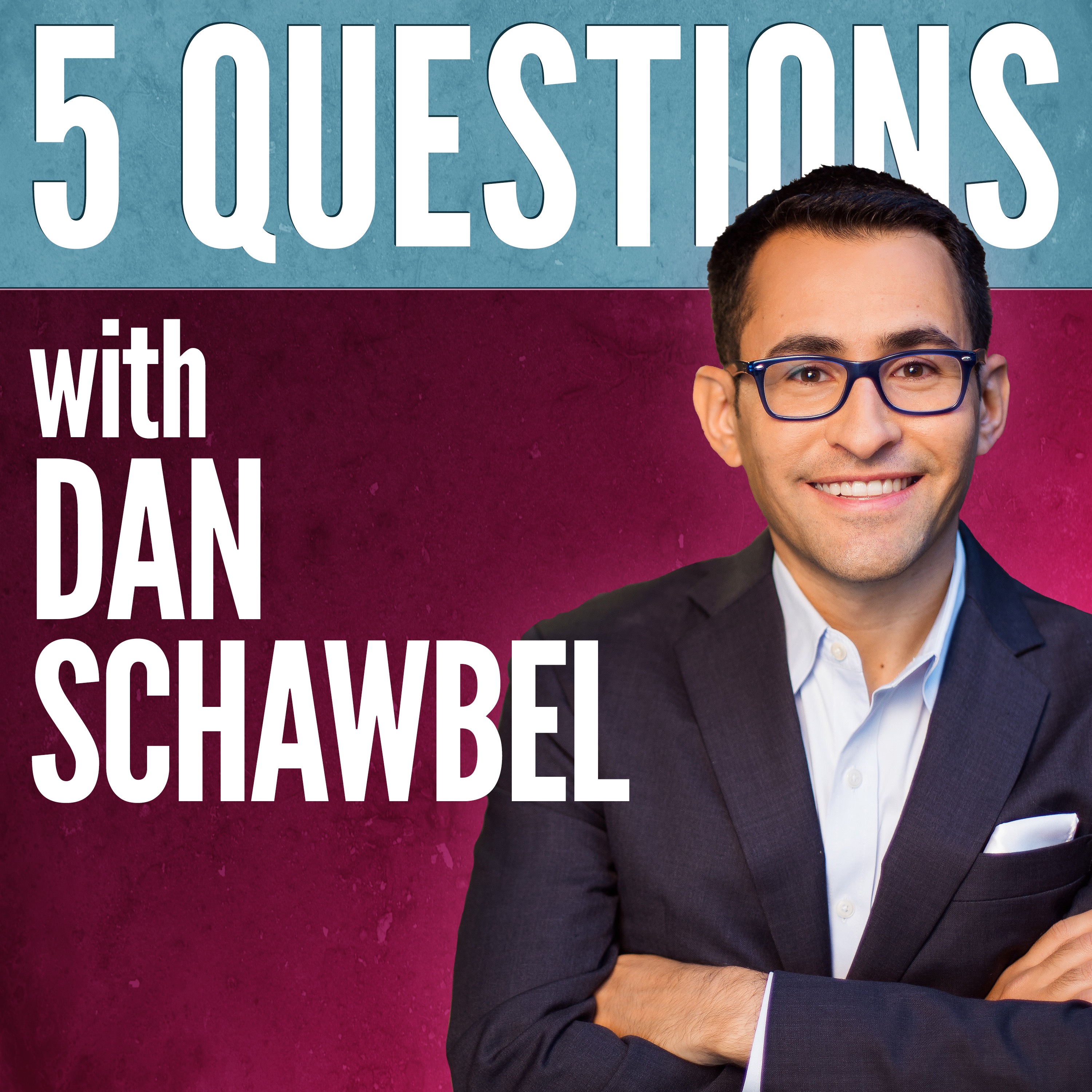 An interview with Martin Dempsey about how to lead during a crisis, how conflicts in his career shaped his life perspectives, the common expectations that form relationships, the military figures that have influenced him, and his best career advice.
An interview with Martin Dempsey about how to lead during a crisis, how conflicts in his career shaped his life perspectives, the common expectations that form relationships, the military figures that have influenced him, and his best career advice.
Welcome to the 82nd episode of 5 Questions with Dan Schawbel. As your host, my goal is to curate the best advice from the world’s smartest and most interesting people by asking them just 5 questions.
Podcast: Play in new window | Download (Duration: 9:22 — 10.2MB) | Embed
Subscribe: Apple Podcasts | Spotify | Email | TuneIn | RSS | https://danschawbel.com/subscribe
This episodes guest:
My guest today is retired U.S. General and the 18th Chairman of the Joint Chiefs of Staff, Martin Dempsey. Born in Jersey City, New Jersey, Martin attended the U.S. Military Academy at West Point. After graduating he served as a company-grade officer, then went on to become an executive officer during Operation Desert Storm. He rose up the military ranks during the war in Iraq eventually becoming a General in 2008 and the Chairman of the Joint Chiefs of Staff under President Barack Obama in 2011. Four years later, Martin retired and was named to TIME Magazine’s 100 Most Influential People in the World. After over forty years of military service, he now teaches leadership and public policy as a Rubenstein Fellow at Duke University and serves as Chairman of USA Basketball. More recently, Martin authored the new book, “No Time For Spectators”, which is the basis for today’s podcast episode.
The 5 questions I ask in this episode:
- Leaders in every institution are being tested right now with how they’re dealing with the Coronavirus pandemic. Based on your experience as a General in the U.S. army, what are your recommendations to leaders on how to manage this crisis or any crisis?
- As someone with over 40 years of military service, how have major conflicts impacted your leadership, perspectives on the world and how you live your life?
- In your book “No Time for Spectators” you examine the common expectations that forge the strongest relationships. What are the key mutual expectations that make any relationship successful?
- Over the course of my career, I’ve interviewed major military figures like Colin Powell and Stanley McChrystal. What military figures have influenced your leadership style and what did you learn from them?
- What is your best piece of career advice?
Follow Martin’s journey:
Very strong interview, I listen to many podcasts and even after 2 hours don’t take away as much as I did from this one in 9 minutes.